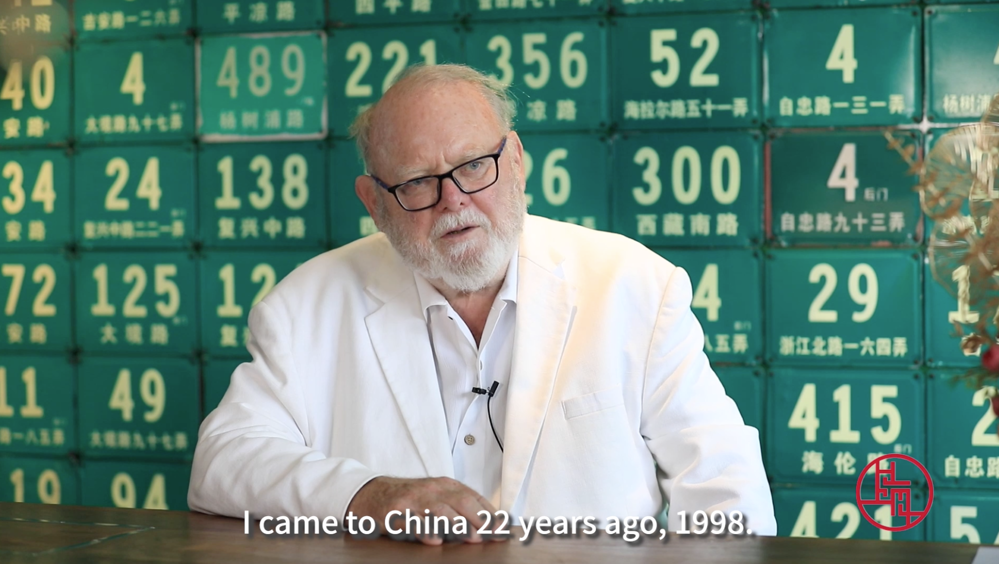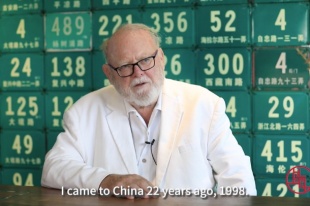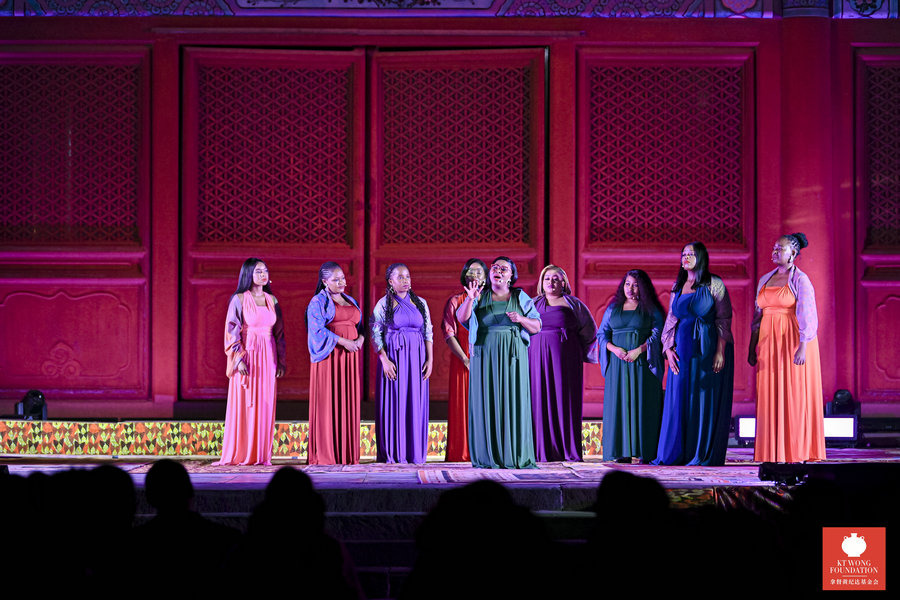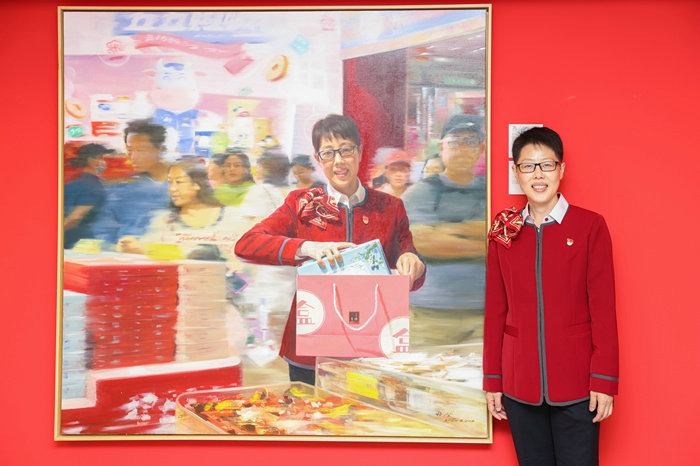Architect who used history to lay foundations of Xintiandi


Benjamin Travis Wood is an American architect who participated in the design of Xintiandi, an area in downtown Shanghai that is located near the memorial site of the First National Congress of the Communist Party of China.
Earlier this year, Wood showed his first drafts of the Xintiandi project from 1998 in a recent video series titled Shanghai Through Our Eyes.
The name Xintiandi literally means "new heaven and earth", which coincides with the fact that the Party created a new world for the Chinese at this very site in Shanghai.
Xintiandi was the first project in China for Wood, who earned his architecture degree from the Massachusetts Institute of Technology in 1984. He then worked for Ben Thompson, a renowned architect in the United States.
"Ben Thompson taught me that architecture should be about more than just making buildings that don't fall down," Wood said in an earlier media interview.
According to Wood, he was invited by Vincent Lo, a Hong Kong real estate developer, to do the renovation project of a neighborhood in the Taipingqiao area, which later came to be known as Xintiandi.
While doing research, Wood learned about the historical importance of the area and felt "a huge sense of responsibility". To better understand the subject, he even studied the history of China and the Party.
"I cannot imagine the future without understanding the past. So learning about the history was my way of showing respect to the people who had lived there," he says.
While other architects suggested tearing down the old courtyard houses that were built by the French in the 1860s, Wood decided to base his design of Xintiandi on and around these homes.
He says his guiding principle was that the place should be one where any person could go to and feel its charm. To this end, he designed Xintiandi in such a way that outdoor areas for cafes and bistros dominated the space, thus giving it a communal vibe.
He also created a wide esplanade along the edge of an artificial lake where the new memorial museum for the First National Congress of the Communist Party of China is located.
"Xintiandi gave people a stage to show other people what kinds of decisions they were making about their life," says Wood. "With the Party's leadership, and with people understanding that people who are making those decisions are representing their best interest, it's much easier to get things done."
Wood made Shanghai his home following the Xintiandi project and he has not regretted the move.
"It's the best decision in my life," he says, adding that he has witnessed "the largest urbanization of any country in the history of the world" in the past two decades.
"Life is good here in China right now. Just coming here makes you appreciate how far China has come in the last 50 or 60 years-it's come a long, long way and Xintiandi is the best evidence," he says.
"What people learn from the history of China in the last 100 years is that if you do something you truly believe in, it will come true."
xingyi@chinadaily.com.cn






































